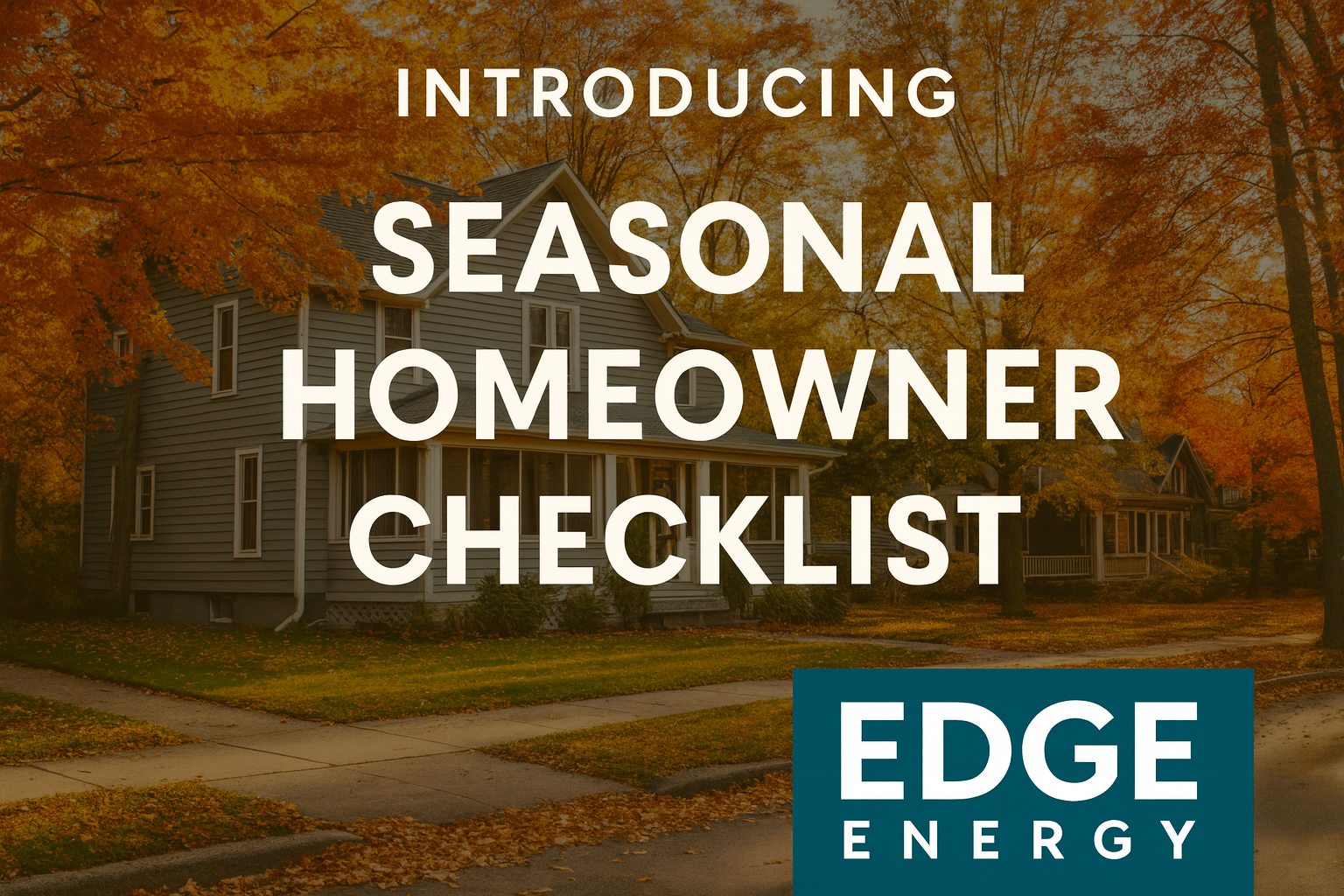2025–2035 Home Energy Forecast: Solar, Battery Storage, Rebates & Efficiency Upgrades in the DMV
As a homeowner in the District of Columbia, Maryland, or Virginia (the DMV area), you may not think much about your home’s energy systems — until a high utility bill arrives from PEPCO, Dominion Energy, Baltimore Gas and Electric (BGE), or Washington Gas, or the power goes out during a storm.
With the recent passage of the One Big Beautiful Bill Act (OBBB) on July 4, 2025, the residential energy landscape is shifting quickly. From solar panel installation to home battery storage, energy efficiency upgrades, and modern HVAC systems, homeowners have more opportunities — and deadlines — to save money and improve comfort.
This guide breaks down the basics, shares industry forecasts, and highlights how DMV homeowners can maximize savings before key incentives change.
Solar Panel Installation & Battery Storage: The Basics
Installing photovoltaic (PV) panels allows your home to harness sunlight and produce clean electricity, reducing your reliance on grid power from utilities like Pepco or Dominion Energy. Adding home battery storage — such as Tesla Powerwall or Enphase Encharge — lets you store excess energy for use in the evening, during outages, or during high-rate peak hours.
In the DMV, where electricity averages 12–20 cents per kWh, these systems can protect against rising rates and provide backup power.
The OBBB ends the federal 25D tax credit for homeowner-owned solar systems after December 31, 2025, but keeps the 48E credit for leased or power purchase agreement (PPA) models until 2032–2033. State-level incentives, such as Maryland solar rebates, Virginia solar tax credits, and D.C. energy efficiency programs, make solar and batteries even more affordable — especially with zero-down financing or low-interest loans.
Industry Outlook: 2025–2035
While OBBB changes will shift buying patterns, experts still forecast steady growth for residential solar and battery storage over the next decade:
- SEIA projects U.S. solar additions may dip 10% by 2030, but residential solar will grow about 9% annually.
- Wood Mackenzie attributes growth to rising utility costs and the need for resiliency.
- McKinsey highlights strong prospects for energy efficiency upgrades, including heat pumps and insulation.
Local DMV policies could push adoption above national averages:
- Maryland’s Renewable Portfolio Standard targets 50% renewables by 2030.
- Virginia offers multiple solar incentives.
- Washington, D.C. supports virtual net metering.
By 2030, solar costs could drop 20–30%, making systems more accessible than ever.
The Rise of Home Battery Storage
The extended 48E credit makes standalone home batteries a cost-effective option through 2032–2033. Batteries can work alongside solar or other systems to reduce peak demand, helping utilities avoid costly infrastructure upgrades.
Industry leaders like Jigar Shah predict that utilities will pay homeowners to participate in Virtual Power Plant (VPP) programs, where batteries discharge during peak demand in exchange for bill credits or cash incentives.
In the DMV, this could mean earning $50–$200 per kW annually just for allowing your battery to help stabilize the grid. As battery prices drop by as much as 75% in coming years, these programs will become more attractive.
Boosting Home Comfort & Health with Efficiency Upgrades
Energy efficiency upgrades can improve comfort, reduce allergens, and cut utility bills. Upgrading HVAC systems with energy-efficient heat pumps, sealing air leaks, and adding insulation can reduce energy use by 20–40%, often paying for themselves in 5–7 years.
Pairing efficiency upgrades with solar and battery storage maximizes your savings and reduces dependence on the grid. In the DMV, certified HVAC contractors can perform energy audits to identify your home’s best upgrade opportunities.
Maximizing Incentives & Financing
Before incentives expire or change:
- Maryland Solar Rebates: $9,000–$12,500 in average savings
- Virginia Solar Tax Credit: Up to 25% of system costs
- D.C. Energy Efficiency Rebates: Programs like Home Electrification and Appliance Rebates (HEAR)
Financing options include zero-down PPAs, low-interest loans, or leasing models. Use reputable directories like SEIA’s Find an Installer or check with your utility for approved contractors.
Why Choose EDGE Energy
As a trusted DMV installer, EDGE Energy provides custom solar, battery, and energy efficiency solutions tailored to your home. We handle permitting, rebate applications, and system optimization to ensure you get maximum value.
Contact us today for a free assessment and secure your incentives before they change.
The Path Forward
While OBBB’s foreign component rules may raise equipment costs starting in 2026, falling technology prices and strong local incentives will help balance the impact. Over the next decade, DMV homeowners who invest in solar, battery storage, and efficiency upgrades will enjoy:
- Lower energy bills
- Increased home comfort and health
- Greater energy independence
Your home’s energy future starts today.


